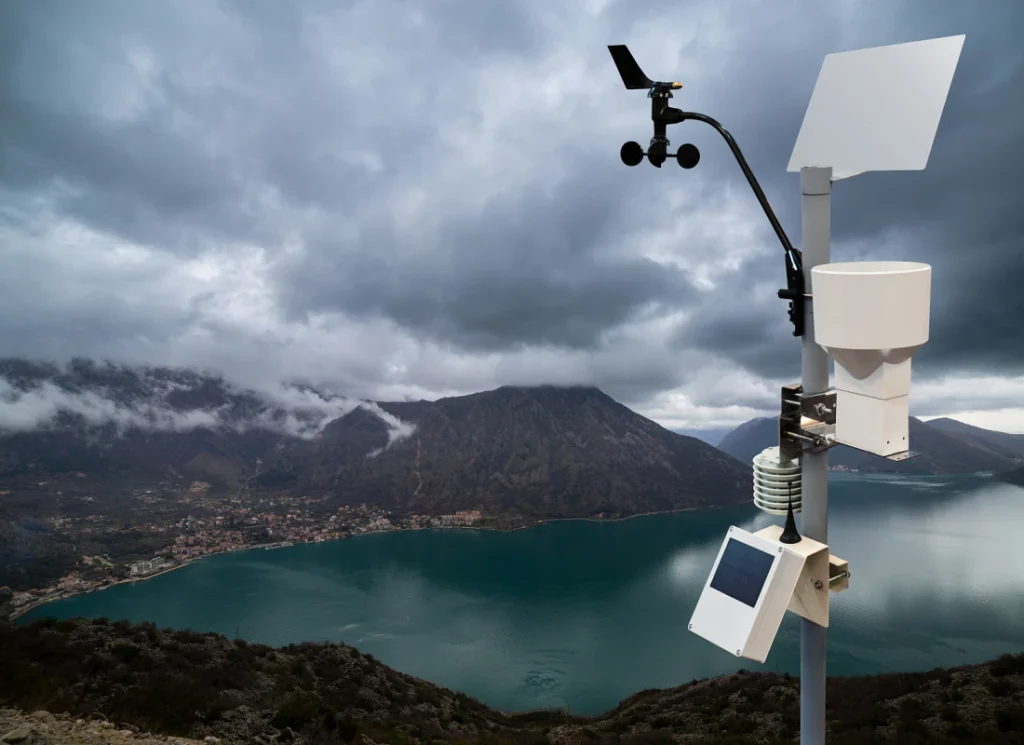Rainwater Sensor: Innovative Solution for Efficient Water Management

# Rainwater Sensor: Innovative Solution for Efficient Water Management
## Introduction to Rainwater Sensors
Rainwater sensors are innovative devices designed to detect and measure precipitation, providing valuable data for efficient water management systems. These sensors have become increasingly important in both residential and commercial settings as water conservation efforts gain global attention.
## How Rainwater Sensors Work
Modern rainwater sensors utilize various technologies to detect and quantify rainfall:
– Tipping bucket mechanism: Measures rainfall by counting the number of times a small bucket tips
– Optical sensors: Use light beams to detect raindrops
– Capacitive sensors: Measure changes in electrical capacitance caused by water
– Acoustic sensors: Detect the sound of raindrops hitting a surface
## Benefits of Using Rainwater Sensors
Implementing rainwater sensors offers numerous advantages for water management:
### Water Conservation
Rainwater sensors can automatically shut off irrigation systems when sufficient rainfall occurs, preventing water waste. Studies show this can reduce outdoor water usage by up to 35%.
### Cost Savings
By optimizing water usage, these sensors help reduce utility bills significantly. Commercial properties often see a return on investment within one irrigation season.
### Environmental Protection
Proper water management prevents runoff that can carry fertilizers and pesticides into waterways, protecting local ecosystems.
## Applications of Rainwater Sensors
Rainwater sensors find applications in various sectors:
### Residential Use
– Smart irrigation systems
– Rainwater harvesting systems
– Home automation for water management
### Commercial and Municipal Use
– Large-scale irrigation control
– Stormwater management
– Flood monitoring and early warning systems
## Choosing the Right Rainwater Sensor
When selecting a rainwater sensor, consider these factors:
– Accuracy requirements
– Installation environment
– Maintenance needs
– Compatibility with existing systems
– Wireless vs. wired options
## Future of Rainwater Sensing Technology
Emerging technologies are making rainwater sensors more advanced:
– Integration with IoT for real-time monitoring
– AI-powered predictive analytics
– Self-cleaning sensor surfaces
– Miniaturization for wider deployment
## Conclusion
Rainwater sensors represent a smart, efficient solution for modern water management challenges. As technology continues to advance, these devices will play an increasingly vital role in sustainable water use practices worldwide. Whether for home gardens or large-scale agricultural operations, implementing rainwater sensors is a practical step toward responsible water stewardship.
Keyword: rainwater sensor